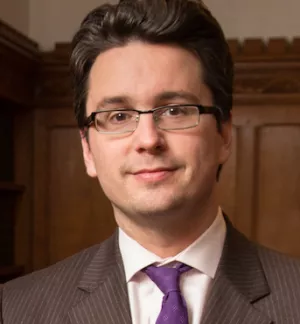A political theorist teases out the century-old ideological transformation at the heart of contemporary discourse in Muslim nations undergoing political change.
The Arab Spring precipitated a crisis in political Islam. In Egypt Islamists have been crushed. In Turkey they have descended into authoritarianism. In Tunisia they govern but without the label of “political Islam.” Andrew March explores how, before this crisis, Islamists developed a unique theory of popular sovereignty, one that promised to determine the future of democracy in the Middle East.
This began with the claim of divine sovereignty, the demand to restore the sharīʿa in modern societies. But prominent theorists of political Islam also advanced another principle, the Quranic notion that God’s authority on earth rests not with sultans or with scholars’ interpretation of written law but with the entirety of the Muslim people, the umma. Drawing on this argument, utopian theorists such as Abū’l-Aʿlā Mawdūdī and Sayyid Quṭb released into the intellectual bloodstream the doctrine of the caliphate of man: while God is sovereign, He has appointed the multitude of believers as His vicegerent. The Caliphate of Man argues that the doctrine of the universal human caliphate underpins a specific democratic theory, a kind of Islamic republic of virtue in which the people have authority over the government and religious leaders. But is this an ideal regime destined to survive only as theory?
Praise for the book
“In exploring the relationship between divine and popular sovereignty in the writings of some major Muslim intellectuals, this highly original book sheds new light on the fraught and much talked about question of democracy in Muslim societies. Andrew March has produced the most comprehensive, historically informed, and sophisticated study yet of the idea of sovereignty in modern Islamic thought.”―Muhammad Qasim Zaman, author of Islam in Pakistan: A History
“In this highly readable book based on deep research, Andrew March gives an accessible story of Islamic political theology and the value it holds for millions around the world today. Muslim political thought is often dismissed by Western politicians and the media, but we ignore it at our peril. This is indispensable reading.”―Ebrahim Moosa, author of What Is a Madrasa?
“This cutting-edge work of comparative political philosophy squarely places modern Islamic political thought in the wider context of modern democratic thought and articulates for the first time a uniquely Islamic theory of democratic governance. Eschewing both apology and exoticization, March successfully draws on a range of political thinkers―Muslim and non-Muslim―and sheds light on points of convergence and divergence among various Islamist theories of state.”―Mohammad Fadel, University of Toronto Faculty of Law
March , Andrew . “The Caliphate of Man: Popular Sovereignty in Modern Islamic Thought.” Harvard University Press, September 17, 2019


